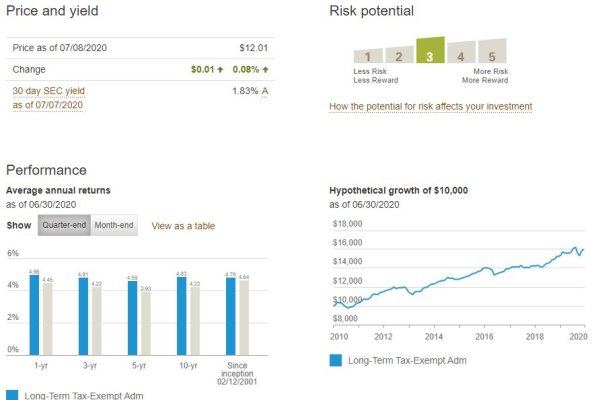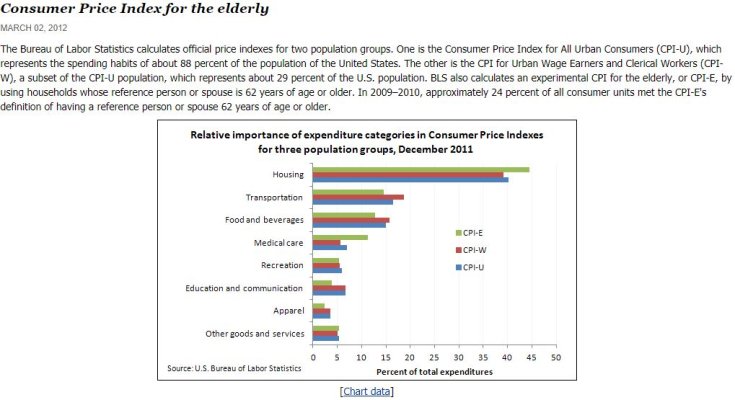Montecfo
Give me a museum and I'll fill it. (Picasso) Give me a forum ...
The Fed could lower rates below zero. It could happen, whether it is considered "good policy" by you and me, or not. Market action could do the same.
I have been thinking about this and, like the OP, I think US rates could go negative.
If you think this will happen it will obviously increase the value of bonds paying a positive coupon. The longer the remaining term of the bond, the more leveraged it will be to lower rates.
But it would also tend to increase equity values since it reduces the rates used to discount future cash flows.
So for financial.assets I tend to think it would be a positive, if such rates are prevalent in other countries. If not then you have to weight capital flight/ currency weakness into to math.
There are a few moving parts here.
I have been thinking about this and, like the OP, I think US rates could go negative.
If you think this will happen it will obviously increase the value of bonds paying a positive coupon. The longer the remaining term of the bond, the more leveraged it will be to lower rates.
But it would also tend to increase equity values since it reduces the rates used to discount future cash flows.
So for financial.assets I tend to think it would be a positive, if such rates are prevalent in other countries. If not then you have to weight capital flight/ currency weakness into to math.
There are a few moving parts here.
Last edited:


